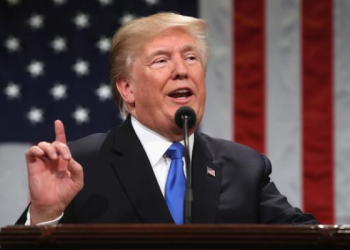A political firestorm has erupted in Anambra State, with the government and opposition parties trading sharp accusations over comments made by Governor Chukwuma Soludo, just days before the November 8 governorship election.
The controversy stems from the governor’s pledge at a recent APGA campaign rally to financially reward wards that deliver votes for his party. Opposition parties, including the All Progressives Congress (APC) and the Labour Party (LP), immediately condemned the promise as a blatant act of vote-buying and a gross violation of the Electoral Act. The APC’s National Vice Chairman for the South-East labeled it an “abuse of office,” while the Labour Party accused the governor of “weaponising poverty”.

In a forceful statement issued on Thursday, the Governor’s Press Secretary, Mr. Christian Aburime, dismissed the allegations as “groundless, misleading, and politically motivated.” He clarified that the governor’s comments were aimed solely at motivating party canvassers to tackle voter apathy and were not financial inducements for voters.
“It is essential to understand the context of the statement. The incentives Governor Soludo referred to are legitimate and consistent with democratic practices worldwide,” Aburime stated. He explained that the rewards were directed at a small percentage of party mobilizers and would be given after the election, contrasting it with practices in “advanced democracies” where parties pay canvassers beforehand.
The governor’s original pledge had provoked a strong backlash from civil society organizations, with one group describing it as a “dangerous” move that “institutionalised vote-buying”. This clash over electoral ethics sets a tense stage for the upcoming poll, where 16 parties are contesting and an estimated 2.8 million voters are registered.
Why It Matters
This clash is a classic example of the blurred lines between legitimate political mobilization and outright electoral malpractice in the Nigerian context. The government’s defense—framing financial rewards for “winning wards” as a standard democratic practice—is a precarious argument that highlights a deep-seated problem in the political culture.
While the administration is correct to point out the issue of voter apathy, its chosen solution dangerously monetizes political success. The opposition’s outrage, though politically convenient, rings hollow in a system where all major parties are often accused of similar tactics.
Ultimately, this incident underscores a systemic failure: the lack of a clear, independent adjuicator to distinguish between campaign motivation and criminal inducement, leaving the electorate caught in a war of words while the integrity of the process hangs in the balance.

















